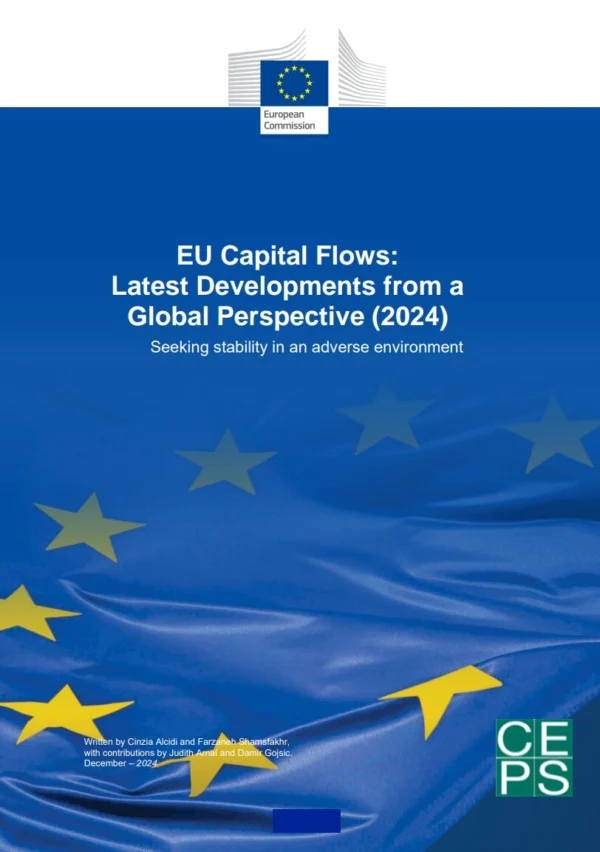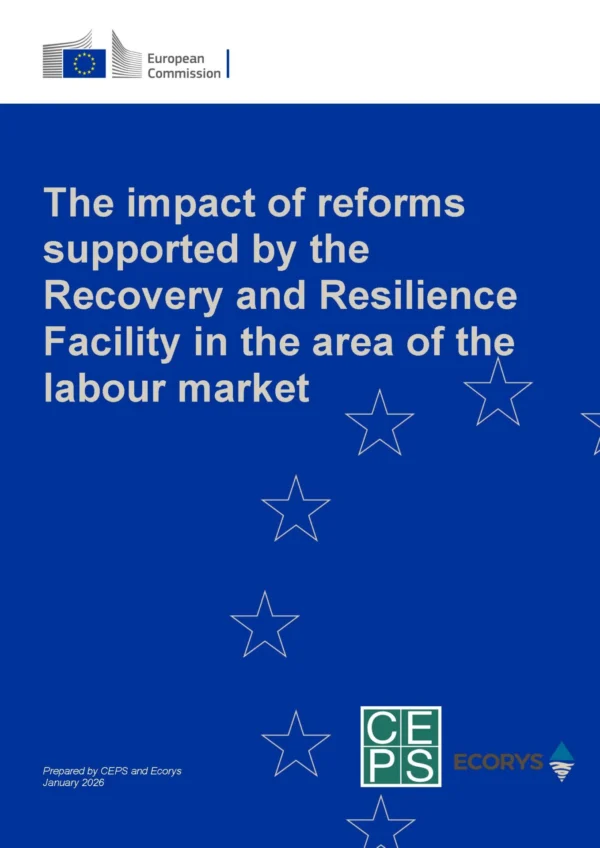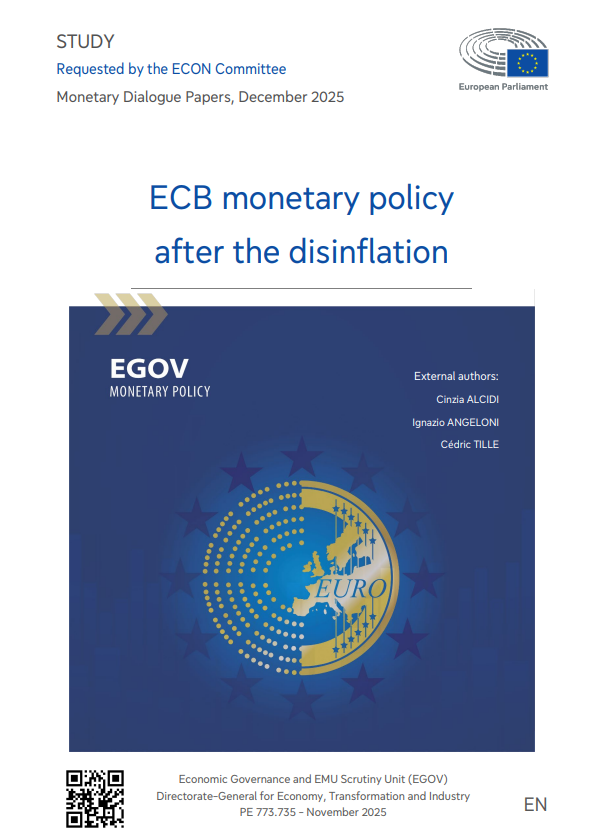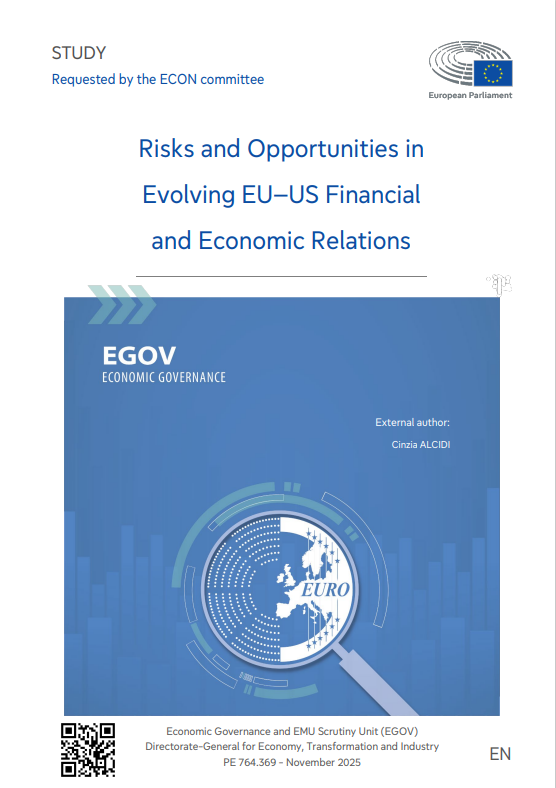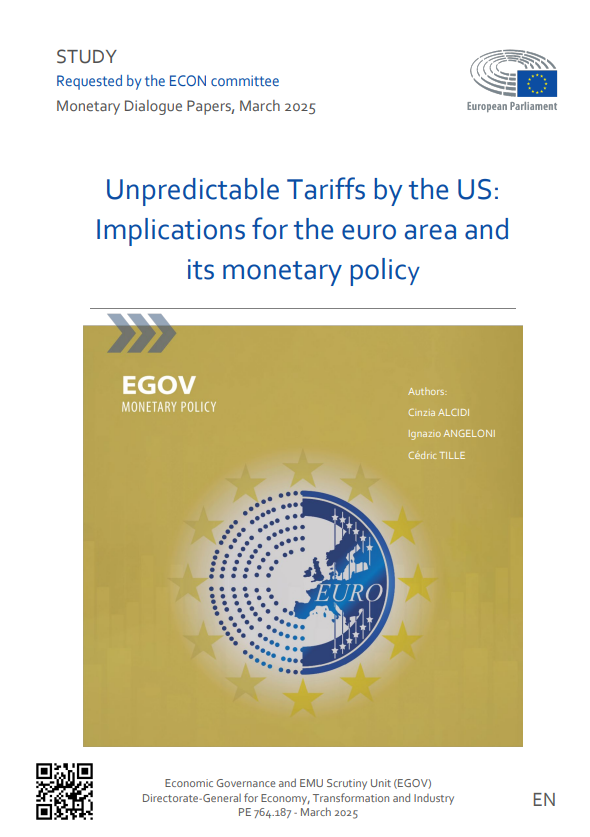The EU’s economic resilience continues to be tested by a volatile global environment. While inflationary pressures have eased and monetary policies have stabilised, escalating geopolitical tensions and rising protectionism are creating significant uncertainties for growth and investment. This study analyses key trends in global and EU capital flows up to mid-2024, focusing on foreign direct investment (FDI), portfolio flows, and financial integration, and their implications for economic stability. Recent shifts in FDI patterns have raised concerns about the EU’s ability to retain its position as a global investment hub, while the persistent decline in intra-EU FDI threatens financial integration. Portfolio investment flows have remained volatile, with the euro area experiencing sustained outflows, in contrast to the US, which continues to attract substantial inflows.
Meanwhile, profound transformations in global payment systems, coupled with potential security threats, are contributing to an increasingly uncertain global financial and monetary landscape. As global risks mount, the EU faces the critical challenge of balancing its commitment to openness with the need to strengthen economic security. To remain competitive, the EU must enhance financial integration, continue to address regulatory barriers, and attract strategic investments, both domestic and foreign, into key sectors to ensure long-term growth and resilience
